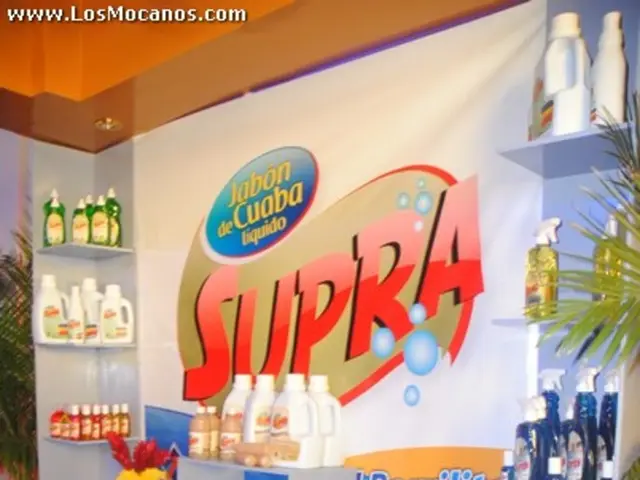Unraveling Organic and Natural Labeling in Cosmetic Products
Going Organic or Natural? Here's What Those Certifications Really Mean
In the world of cosmetics, 'organic' and 'natural' certifications may sound the same, but they're as different as apples and oranges. Let's break it down.
Organic certification demands high standards. It typically requires a product to contain a significant percentage of organically-grown ingredients (at least 95% for "organic" labeled products) and limits the use of synthetic chemicals, pesticides, or bioengineering. In the US, the USDA's National Organic Program (NOP) oversees food products' organic certification, while standards like NSF/ANSI 305 provide certification for personal care products with organic ingredients.
Natural, on the other hand, is a fuzzier term. Generally, it implies that products are made from ingredients derived from nature. However, there's no universal standard for how much of a product must be natural.
Several certifications ensure cosmetic products meet specific standards for natural and organic composition. Here are a few examples:
Organic Certifications
- NSF/ANSI 305: This certification allows personal care products to carry the "organic" label, provided they meet certain criteria, including the organic content percentage.
- USDA Organic (though not directly applicable to cosmetics): While not applicable to cosmetics, many still reference the USDA organic seal when discussing organic standards in personal care products.
Natural Certifications
- NATRUE Label: NATRUE advocates for natural and organic cosmetics, ensuring high amounts of natural ingredients and minimal processing.
- Credo Clean Standard: Although not a formal certification for natural products, Credo's Clean Standard guarantees that products sold through their platform are safe, sustainable, and use consideration when blending ingredients.
To ensure the safety of skincare product ingredients, the Environmental Working Group's (EWG) Skin Deep database is a practical resource to consult.
Now that you're in the know, you can make smarter decisions the next time you shop for cosmetics. After all, doing good for your skin and the planet shouldn't be a mystery. So, let your authentic self shine, and don't forget to adapt when it comes to your cosmetics. Your body and this beautiful planet will thank you!
- In the realm of natural cosmetics, the NSF/ANSI 305 certification ensures personal care products can carry the "organic" label, adhering to specific criteria like organic content percentage.
- For those seeking products with high amounts of natural ingredients and minimal processing, the NATRUE Label is an ideal choice as it promotes natural and organic cosmetics.
- In the market of health-and-wellness and skin-care products, the Credo Clean Standard guarantees that items sold through their platform are safe, sustainable, and mindful of ingredient blending.
- When navigating the fashion-and-beauty industry and making choices for your lifestyle, consulting the Environmental Working Group's (EWG) Skin Deep database can assure the safety of skincare product ingredients.
- Treading towards environmental-science consciousness and caring for one's health, it's essential to make educated decisions when shopping for cosmetics. Remember, being kind to both your skin and the environment need not remain a mystery. Embrace your true self and adapt intelligently when choosing cosmetics.








